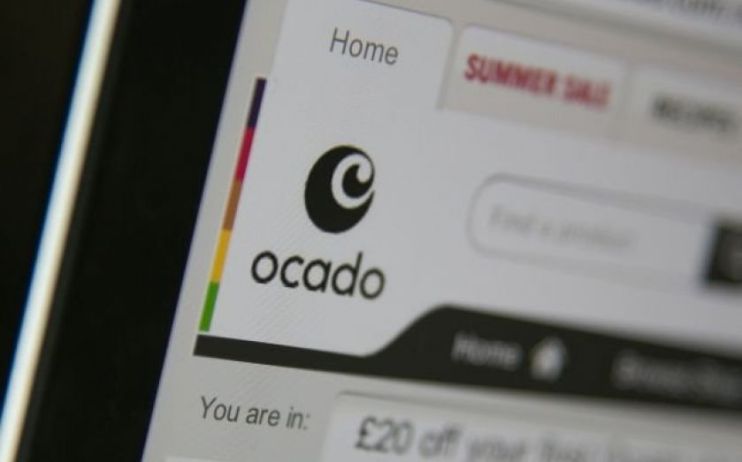Ocado not for you: Three reasons why online grocer’s results may not be as bad as they seem

Ocado’s crown as the online food retailer which keeps the middle classes stocked in organic essentials has been threatening to slip for a while now.
As one of the companies which sits at the ‘higher-end’ of the online supermarket price point the rising cost of living, not to mention higher mortgage interest rates, was expected to hit its loyal shoppers hard.
In January Ocado posted muted results which showed that orders per week grew an unspectacular 1.9 per cent year-on-year.
But the company has a loyal base, and when revealing its results also stated that it had 940,000 active customers by the end of December, growth of 12.9 per cent year on year.
So although customers purchased fewer items, with the average basket value going down by 1.3 per cent, the number of customers is growing.
Investors took fright at the latest results and shares took a tumble after it posted a harrowing loss before tax of £501m in 2022, citing rising inflation and a difficult political outlook for the fall.
There is no disputing that the challenging economic climate could play a factor in the businesses losses, but with revenues in its retail offering, which is a joint venture with Marks and Spencer, slumping to £2.20bn, down from £2.28bn many are now questioning what went wrong.
Ocado: Cost of living changing the way we shop
“The partnership was already showing strains last year with Marks and Spencer warning of a gathering storm, unfortunately the storm landed,” Rick Smith, managing director of insolvency experts Forbes Burton, told City A.M.
According to Smith, shoppers simply aren’t buying as much as had been hoped, although people are shopping online more frequently the baskets are “typically smaller and the cost of delivering these smaller baskets stay similar,” he said.
He continues: “The cost-of-living crisis has really put them under pressure as people are spending less while supplier costs have gone up. This combination has driven revenue down to a £500 million loss and the fall in share price.”
Ocado: M&S venture is not everything
The difficulties between the partnership is a factor Ocado is aware of, in a media call this morning chief financial officer of the group Steven Davis said that the joint venture with Marks and Spencer can sometimes “obscure” the performance of its technology solutions and logistics – which is up 13 per cent to £802m.
In its results the group also revealed that it was poised to open six new customer fulfilment centres this year and is eying a technology expansion in Australia through the grocery store Coles and also in Japanese supermarket Aeon.
Ocado: Not just a food firm
“At first glance it appears to be pretty obvious that the cost-of-living crisis is eating at Ocado’s bottom line, but that would be to miss the point,” Emma-Lou Montgomery, associate director from Fidelity Personal Investing’s share dealing service told City A.M.
Montogomery said: “Say Ocado and the first thing people think of is the supermarket delivery operation it has run for 20 years, less than three so far with M&S, but this is just a shopfront for what Ocado really is – a technology company.”
She continued: “The launch of an Ocado-style automated fulfilment solution outside of grocery is imminent, but the really interesting stuff is found in its other two divisions – which serve up tech and solutions to UK and international clients, including its first partners in Japan and Australia. This will take money and Ocado has some cash in the bank to work with, but investors will need to remain patient.”